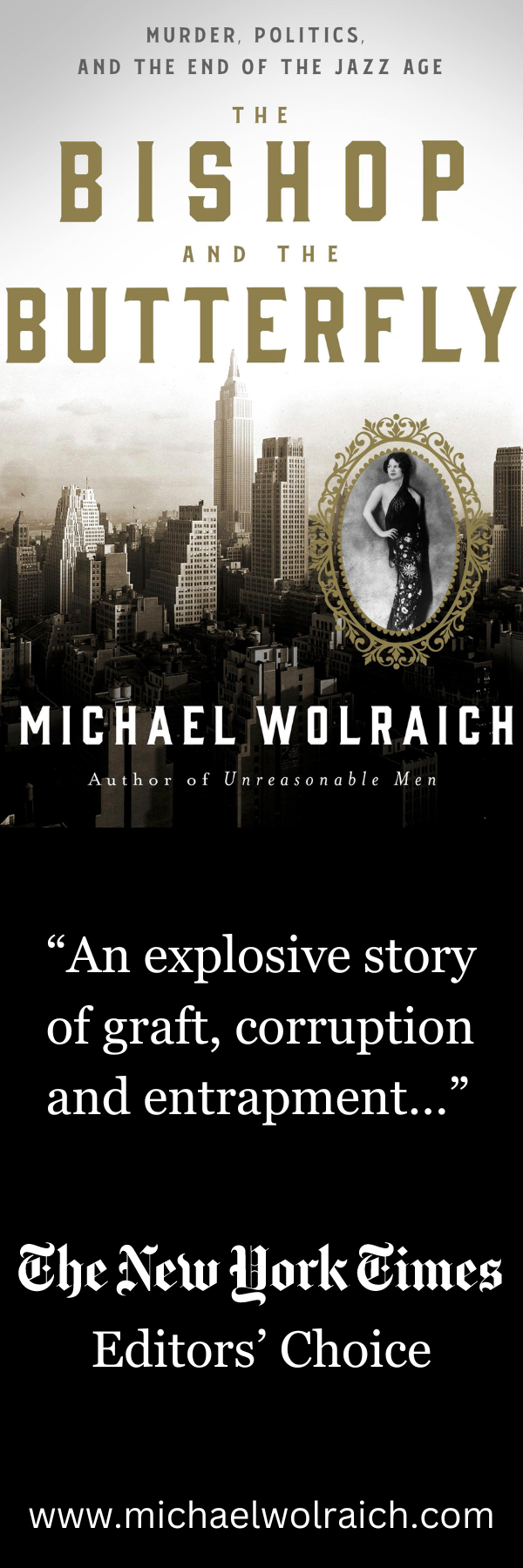In the beginning, racial equality was not a progressive ideal. Early progressives rarely paid much attention to persecuted minorities such as blacks, Jews, American Indians, or Irish and Chinese immigrants. They focused instead on defending an oppressed majority--farmers and workers--from a predatory minority--industry titans and bankers.
When progressives in the early 20th century did address minority rights, their positions tended to reflect party affiliation rather than progressive ideology. In those days, race politics split at the party line with Republicans supporting racial equality and Democrats opposing. Class politics, on the other hand, produced internal divisions within each party.
As a result, Republican progressives tended to be concerned about racial oppression, while Democratic progressives ignored or even condoned it. When the moderately progressive Republican president Teddy Roosevelt shocked the nation by inviting Booker T. Washington to dine at the White House, William Jennings Bryan, a radically progressive Democrat, publicly denounced him.










 Today, the
Today, the